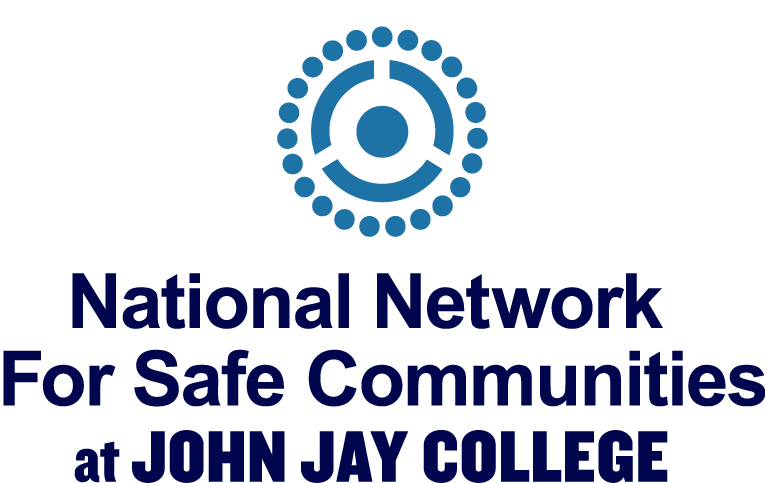The Intimate Partner Violence Intervention (IPVI) uses the National Network principles that have informed effective interventions against homicide, gun violence, drug markets, and other critical public safety problems and applies them to intimate partner violence.
Through a partnership between law enforcement, community members, social service providers, and victims’ advocates, the IPVI strategy aims to remove the burden of preventing IPV from victims; intervene early in the repeat victimization process; make it clear to even low-level offenders that IPV will not be tolerated; and take special action to deter and, if necessary, incapacitate the most dangerous offenders. The strategy includes close partnership with victims’ advocates to ensure that victims have access to safety and support structures and are not exposed to unintended harm.
Beginning in 2009, police and community partners in High Point, North Carolina worked with National Network Director David Kennedy and others to test whether this approach could work to reduce IPV. An evaluation of the implementation has found dramatic reductions in IPV homicide and in reoffending among notified offenders, and reductions in calls for service and victim injuries.
The National Network believes that High Point’s IPVI work and its results may provide a framework for communities across the country looking for a way to address IPV.


